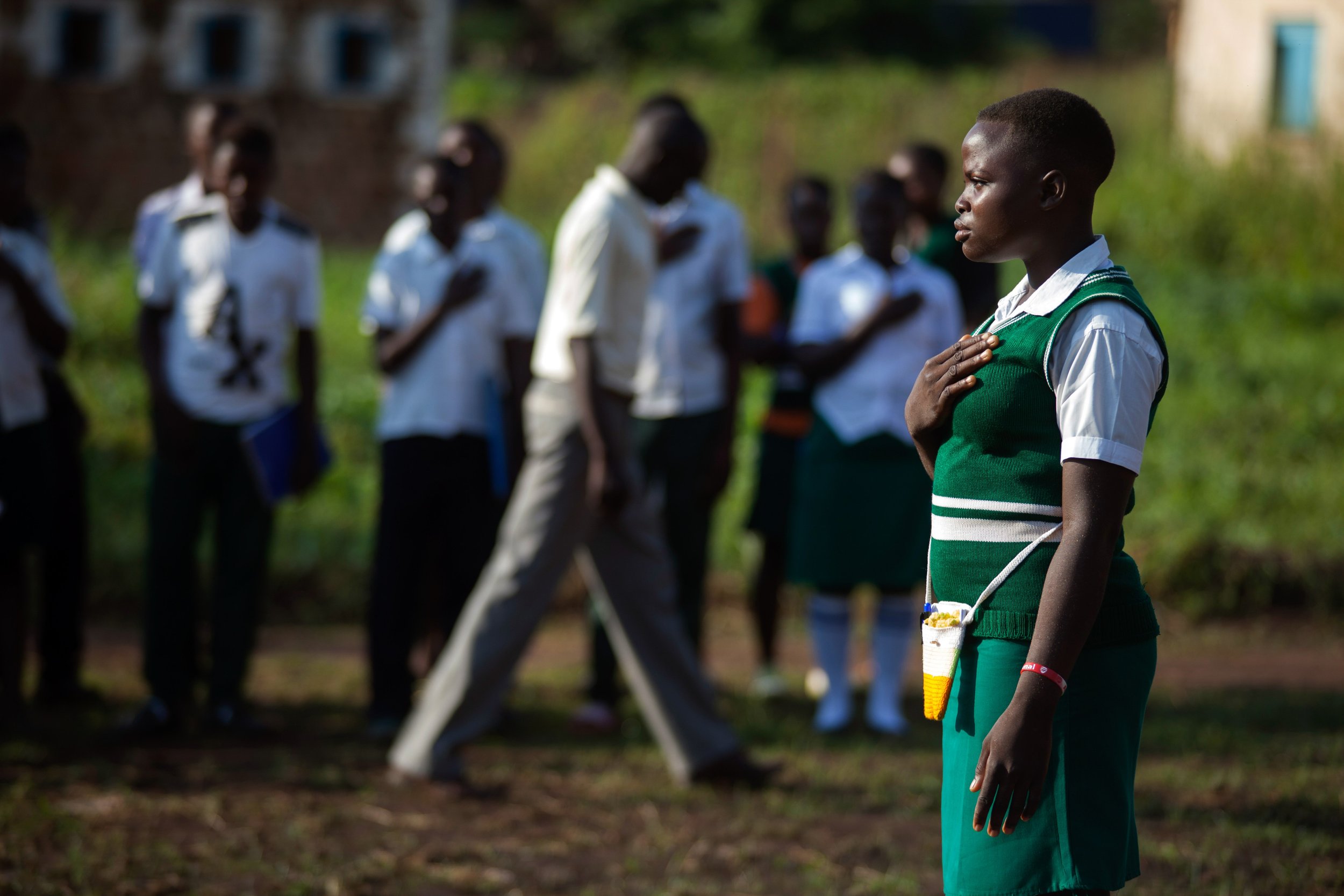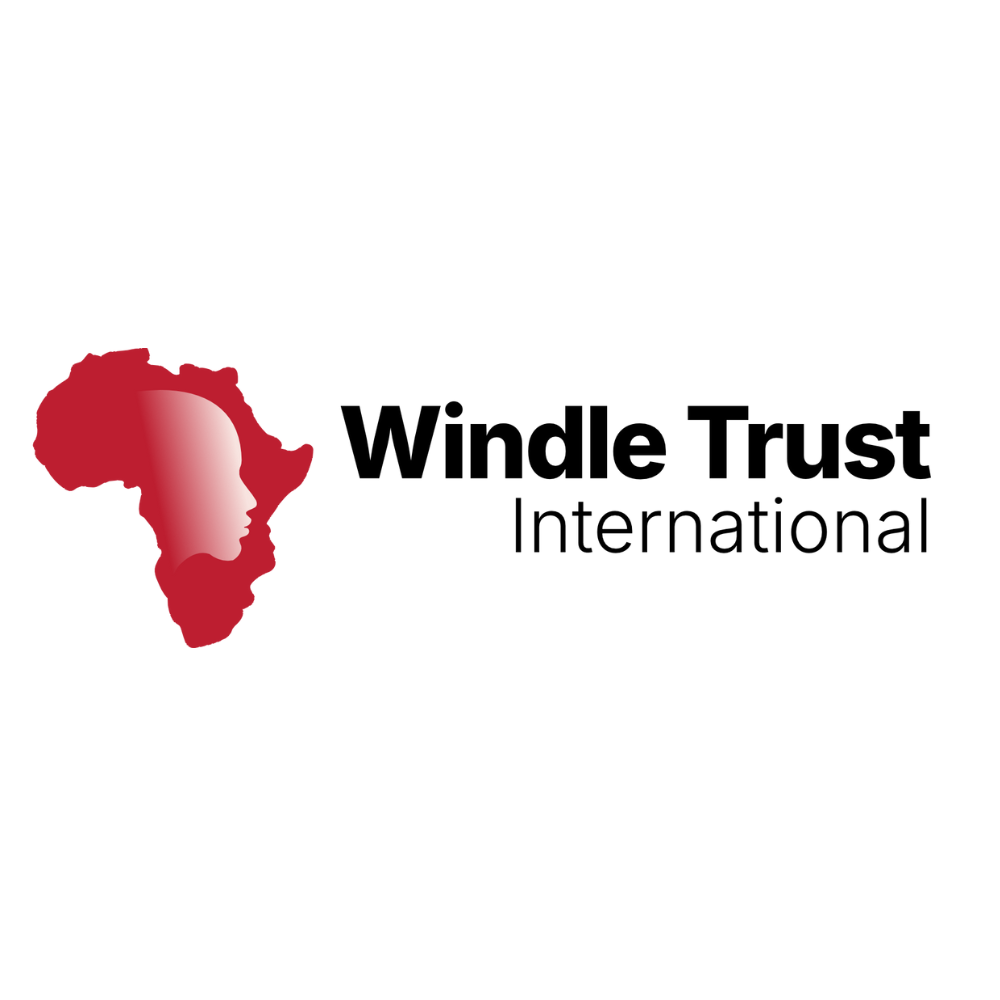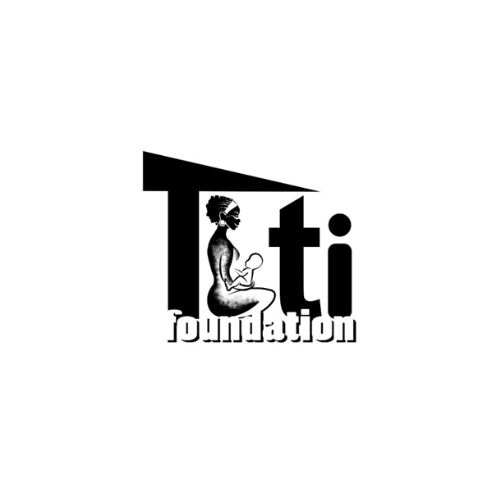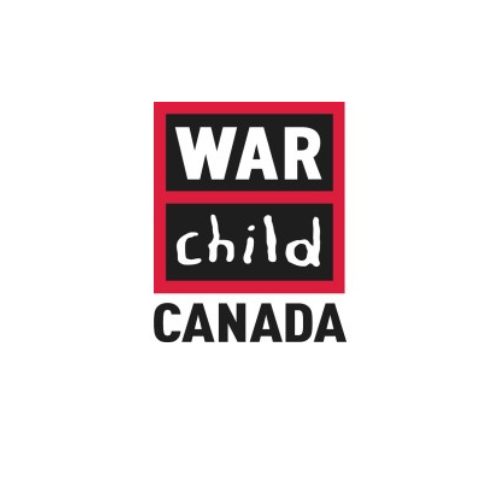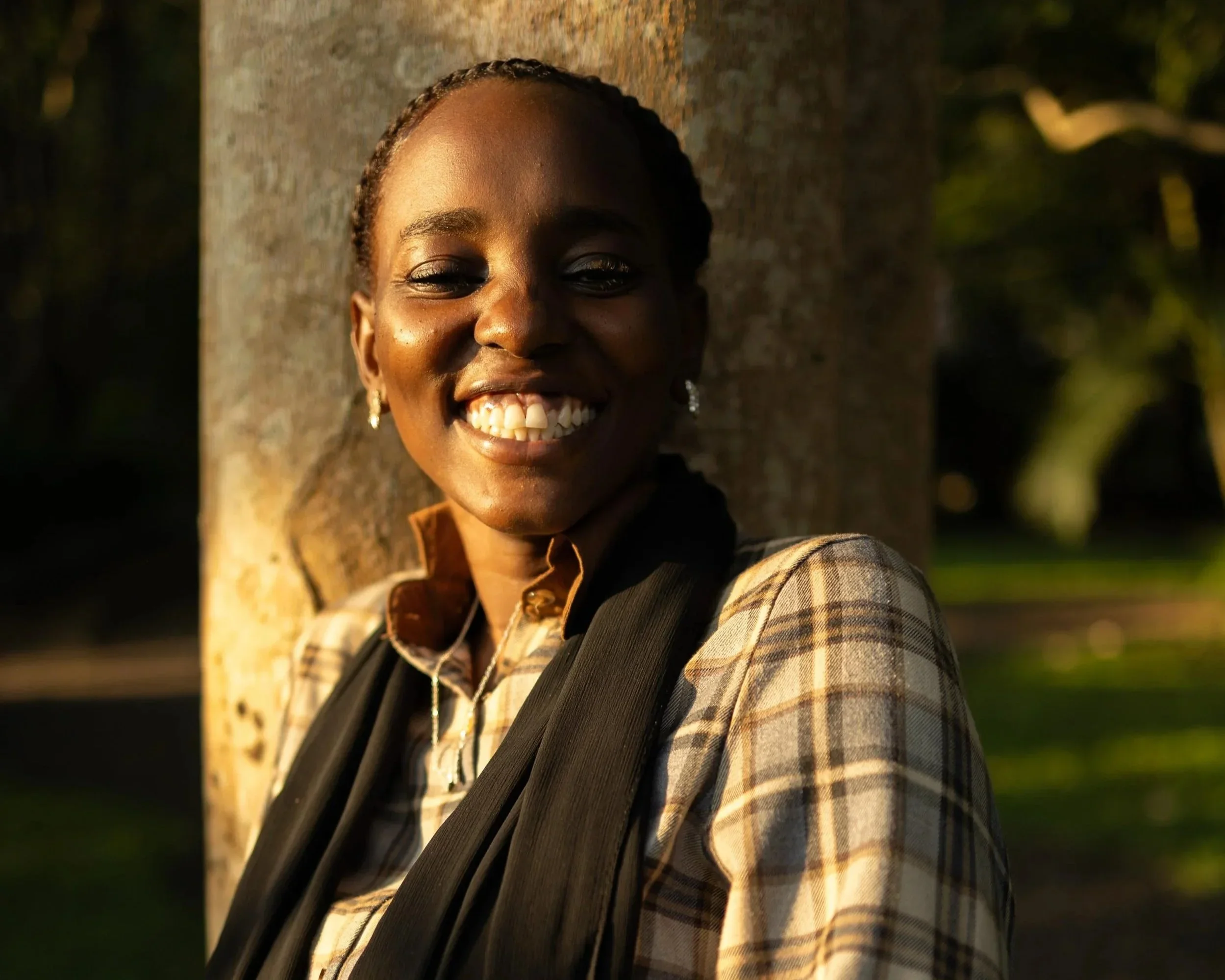Pathways to Empowerment (P2E) - South Sudan
South Sudan’s youth face innumerable challenges. Years of conflict have reduced the education system to tatters, leaving millions of children out of school. Forced marriage, early pregnancy, poverty and cultural barriers all add to this. Pathways to Empowerment is a new six-year long project that aims to address these issues and bring hope, resilience and opportunity back to the nation’s youth.
About the project
Pathways to Empowerment will be implemented by a consortium of five humanitarian organisations in 15 locations across South Sudan. The project, funded by Mastercard, is led by War Child Canada and supported by partners including WTI, UNHCR, HDC (Humanitarian Development Consortium) and the South Sudan-based TITI Foundation. The programme aims to strengthen the resilience of 98,400 refugees, displaced persons, returnees and host community youth so that they can live prosperous and fulfilling lives.
How will the project do that? Together, the five organisations are working towards:
Improving access to quality education - helping youth finish their secondary-school learning through the Accelerated Secondary Education Programme and CPD;
Upskilling youth with market-relevant skills by providing technical and vocational training;
Linking them up with opportunities for dignified and fulfilling work;
Lobbying for more inclusive policy and regulatory environments for young refugees and IDPs to thrive.
The consortium have sub-partnered with 15 refugee-led organisations in order to implement the project as meaningfully as possible. This is a vital proponent of the programme and not only helps deliver it better, but also builds capacity for the local NGOs as well. WTI is delivering the programme in five locations in South Sudan: Yei, Gorom, Ajuong Thok, Awerial and Makpandu.
Addressing gender inequities is a primary goal of the programme, with women and girls targeted to be 70% of the total 98,400 beneficiaries. This is because women and girls comprise the bulk of the population in refugee settlements, have far lower education outcomes, yet provide most (or all) caregiving and employed work.
By focusing on women and girls, Pathways to Empowerment will strengthen their capacities by increasing their educational levels, improving their employability, and providing them with a brighter future. This project will run until 2031.
How do our projects make a difference?
Projects like this contribute to increasing access to and the quality of education for conflict-affected communities in eastern Africa and the Horn of Africa. Find out how this makes a difference below:

